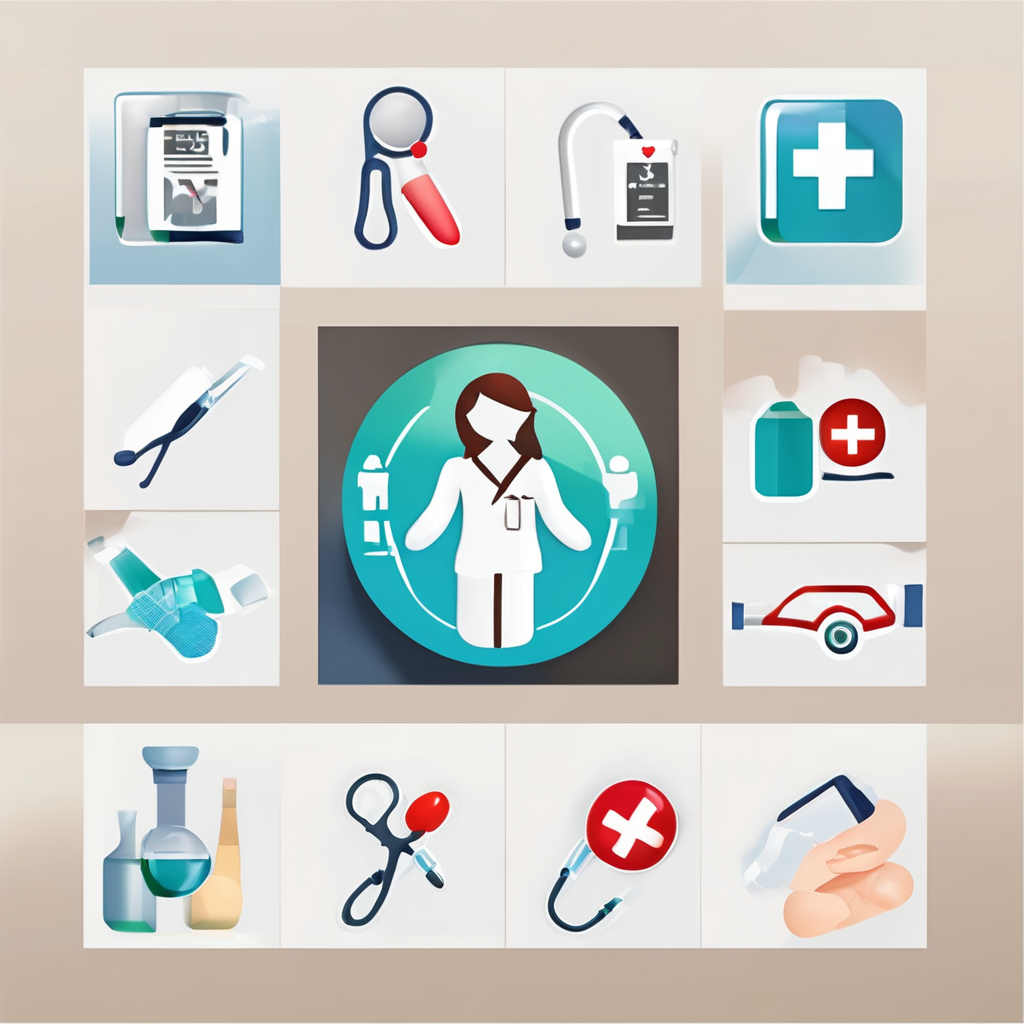As our loved ones age, they may face challenges that can make independent living difficult. Recognizing the signs that an older parent or family member might need assistance at home is crucial. Timely intervention can enhance their health and quality of life, ensuring they remain safe and comfortable in their familiar surroundings. This article aims to provide valuable insights into what to look for in your aging loved ones and how you can help them navigate this phase of life.
Declining Physical Health
Physical health often declines with age, and this can manifest in various ways. You might notice that your senior loved ones are having difficulty with daily activities such as bathing, dressing, or cooking. If they begin to skip meals, have a substantial weight loss, or show signs of poor personal hygiene, these might be signs that they need help.
This might interest you : How can seniors adapt their living spaces to accommodate changing health needs?
Additionally, if you observe frequent falls, or if they express concerns about falling, it might be time to consider assistance. Falls can lead to serious injuries, and even a minor fall can result in a fear of further injuries, causing them to limit their mobility.
Another aspect to consider is the medications they take. If you notice medications piling up or they are confused about their medications, it might indicate they need help managing their health. Regular medication reminders or a systematized approach can help them maintain their health without the constant worry of missing a dose.
In parallel : How can proper footwear impact the health and mobility of seniors?
In-home health services can provide the necessary support to manage these challenges. Caregivers can assist with physical tasks and offer reminders for medications, ensuring your loved ones adhere to their health plans. Recognizing these physical health signs early can lead to effective interventions that help maintain their independence.
Cognitive Changes
Changes in cognition can be one of the most concerning signs that a senior might need assistance. As we age, it is not uncommon to experience some degree of memory loss or confusion. However, if your loved ones begin to forget significant events, misplace essential items frequently, or exhibit disorientation in familiar environments, these could be signs of underlying health issues.
Moreover, you should pay attention to their ability to manage finances or handle important documents. If they start to struggle with budgeting or forget to pay bills, this might indicate a cognitive decline. It can be beneficial to assess how they approach daily tasks such as grocery shopping or following a recipe. If they express frustration or confusion about these tasks, it may be a clear indicator that they need assistance.
Cognitive decline can impact their safety as well. If your senior parent has been involved in minor accidents while driving or seems unsure while crossing the street, it is essential to evaluate their ability to live independently.
Home care services can provide cognitive support in addition to physical assistance. Trained caregivers can help manage medications, provide reminders, and engage in stimulating activities that can help maintain mental acuity. Early intervention can make a significant difference in their cognitive health and overall well-being.
Social Isolation and Mood Changes
Social interaction is vital for seniors’ mental and emotional well-being. If you notice that a loved one is withdrawing from social activities they once enjoyed or refusing to participate in family gatherings, it could be a sign of social isolation or depression.
Older adults may face loneliness due to the loss of friends, family members, or their ability to travel. If they spend most of their time alone, this may lead to feelings of sadness or anxiety. Keep an eye on changes in their behavior, such as increased irritability or mood swings, which may indicate that they are struggling emotionally.
Engaging them in conversation can also reveal their state of mind. If they express feelings of hopelessness or talk about feeling like a burden on their family, it is crucial to address these feelings promptly.
Assistance doesn’t only mean physical help; it can also involve emotional support. In-home care services often include companionship, ensuring your loved ones have someone to talk to and engage with regularly. Encouraging interaction through social events, hobbies, or even simple family visits can significantly improve their mental health. Recognizing these signs of social isolation and mood changes can lead to better outcomes and a happier, more fulfilling life for seniors.
Home Environment Safety
The safety of the home environment is paramount for seniors. A home that was once manageable may become a hazard for an aging loved one. If you notice that they are struggling with household chores, such as cleaning or maintaining their home, it might indicate a need for assistance.
Pay attention to signs of neglect in their living space. Piled-up mail, unwashed dishes, or cluttered pathways can signify that they are unable to keep their home safe and tidy. This clutter not only makes the home less inviting but can also pose risks for trips and falls.
Additionally, check the accessibility of their home. If stairs are becoming a challenge, or if they have difficulty getting in and out of the bathroom, it may be time to consider modifications or in-home services. Simple changes, such as adding grab bars in the bathroom or ensuring that frequently used items are within reach, can significantly enhance their safety.
Home care services can help maintain a safe living environment. Caregivers can assist with household tasks, ensure that medications are in order, and provide mobility support. Keeping your loved ones safe in their homes allows them to retain their independence while ensuring their well-being.
Recognizing the signs that a senior might need assistance at home is vital for their health and well-being. From declining physical health to emotional changes and home safety concerns, being observant can help you intervene at the right time. It is essential to approach this delicate subject with compassion and understanding, emphasizing the benefits of seeking help.
In-home care services can provide invaluable support, assisting with physical, cognitive, and emotional needs. By taking these signs seriously and acting promptly, you can ensure that your loved ones continue to enjoy a high quality of life in the comfort of their own home. Always remember that your attention and care can make a significant difference in their aging journey.











